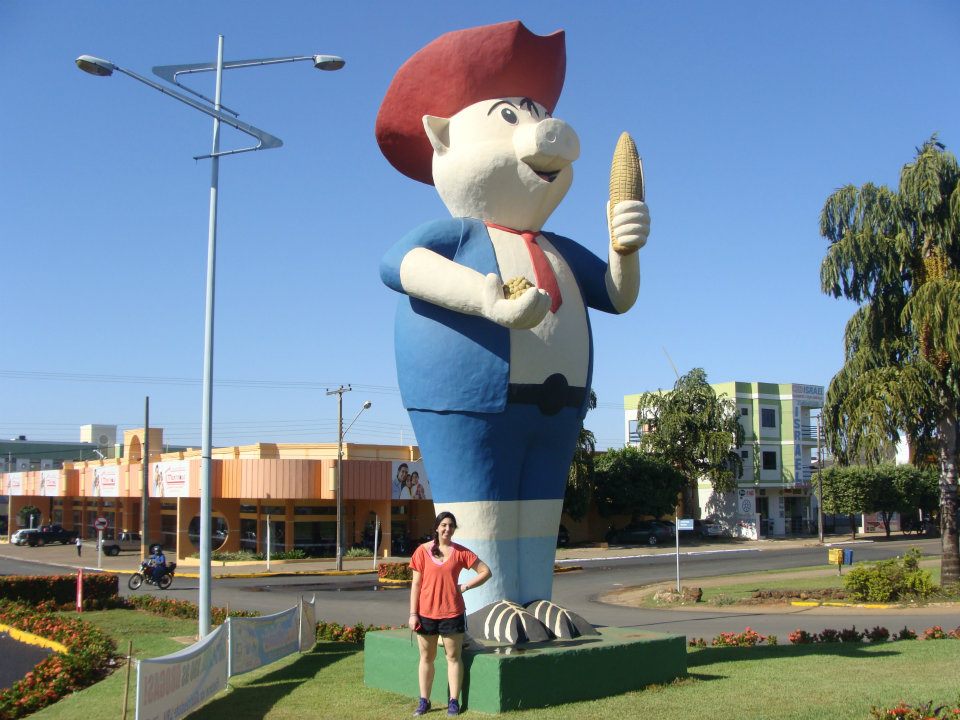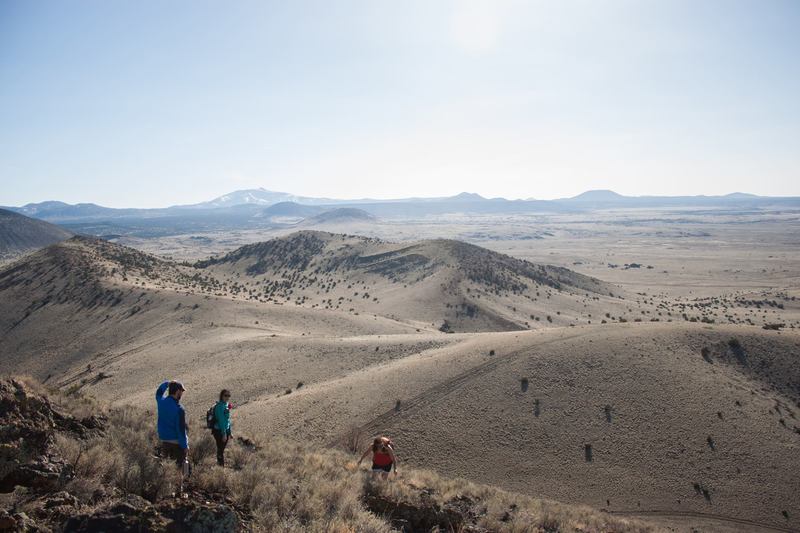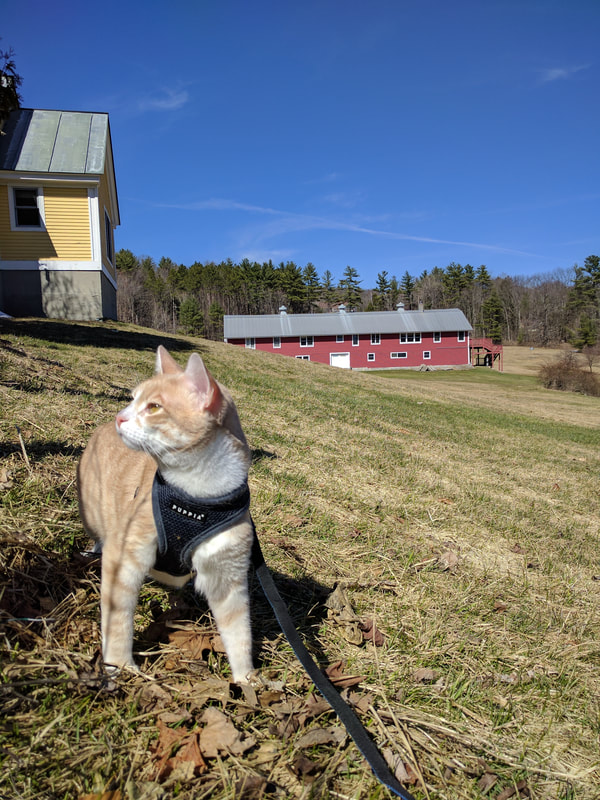Stephanie Spera, PHD
PhD, Earth, Environmental, and Planetary Sciences, Brown University (2016)
BA, Earth and Planetary Sciences, Washington University in St. Louis (2011)
I'm a Assistant Professor of Geography, Environemnt, and Sustainability at the University of Richmond. I started doing research in planetary sciences as an undergraduate at Washington University in St. Louis. My advisor was heavily involved in Mars rover missions so while at Wash U, I both learned how to analyze satellite data of Mars and that I would rather study Earth. I was excited to move back to New England for graduate school and use the remote-sensing and GIS skills as an undergraduate to answer questions about problems here on Earth. At Brown University I focused most of my work analyzing the drivers and consequences of large-scale land-cover change in Brazil's relatively unprotected savanna biome, the Cerrado, working with Jack Mustard, a planetary scientist, and Leah VanWey, a sociologist. And, as a Neukom Postdoctoral Fellow at Dartmouth College, I learned how to run a regional climate model to understand the physical mechanisms driving environmental changes.
My current work focuses on disentangling the relationships between people, landscapes, and climate across Brazil, Peru, Maine, and Ricmond, VA.
I am extremely passionate about science communication and outreach and I have loved sharing science with people of all ages in classrooms, museums, and even science-themed pub nights. My colleague, Dr. Rachel Lupien, and I co-host a climate-change careers themed podcast, called How We Got Here.
When not slowly losing my eyesight by staring at a computer screen, I enjoy hiking, re-watching Veep, crossword puzzles, knitting, and spending time with my family, which includes two kiddos, a dog, cat, and six chickens.
BA, Earth and Planetary Sciences, Washington University in St. Louis (2011)
I'm a Assistant Professor of Geography, Environemnt, and Sustainability at the University of Richmond. I started doing research in planetary sciences as an undergraduate at Washington University in St. Louis. My advisor was heavily involved in Mars rover missions so while at Wash U, I both learned how to analyze satellite data of Mars and that I would rather study Earth. I was excited to move back to New England for graduate school and use the remote-sensing and GIS skills as an undergraduate to answer questions about problems here on Earth. At Brown University I focused most of my work analyzing the drivers and consequences of large-scale land-cover change in Brazil's relatively unprotected savanna biome, the Cerrado, working with Jack Mustard, a planetary scientist, and Leah VanWey, a sociologist. And, as a Neukom Postdoctoral Fellow at Dartmouth College, I learned how to run a regional climate model to understand the physical mechanisms driving environmental changes.
My current work focuses on disentangling the relationships between people, landscapes, and climate across Brazil, Peru, Maine, and Ricmond, VA.
I am extremely passionate about science communication and outreach and I have loved sharing science with people of all ages in classrooms, museums, and even science-themed pub nights. My colleague, Dr. Rachel Lupien, and I co-host a climate-change careers themed podcast, called How We Got Here.
When not slowly losing my eyesight by staring at a computer screen, I enjoy hiking, re-watching Veep, crossword puzzles, knitting, and spending time with my family, which includes two kiddos, a dog, cat, and six chickens.


